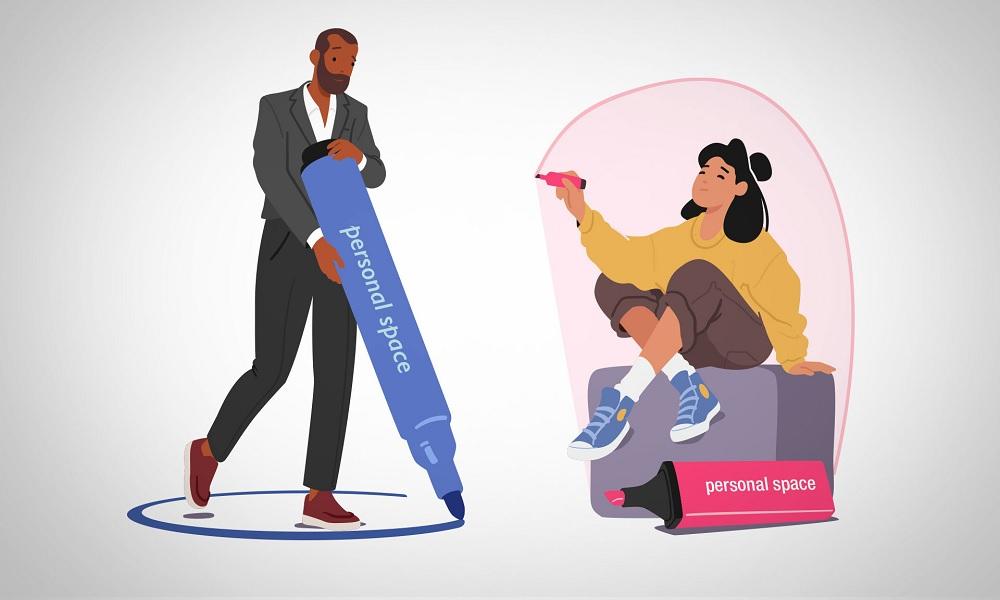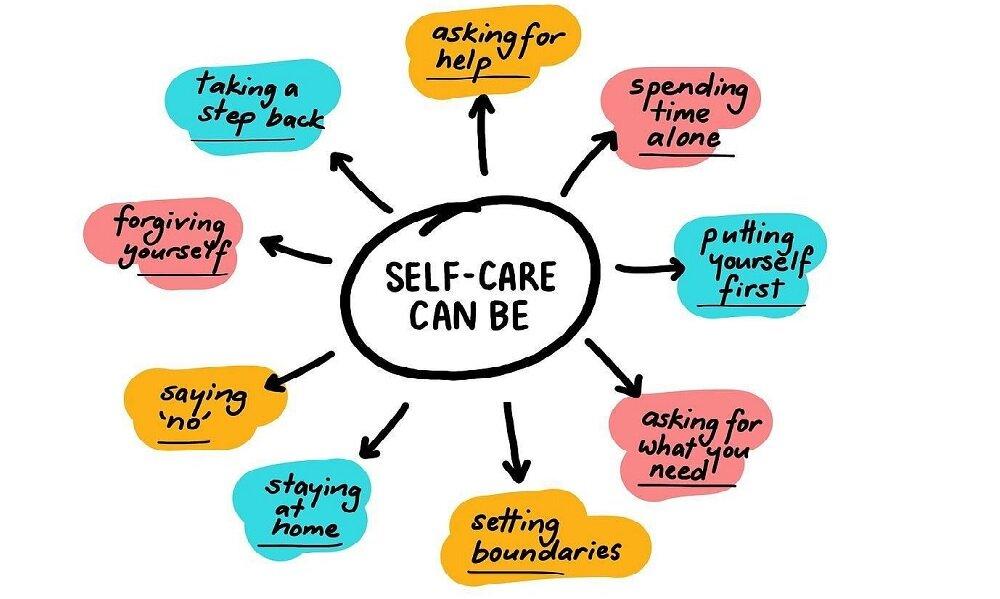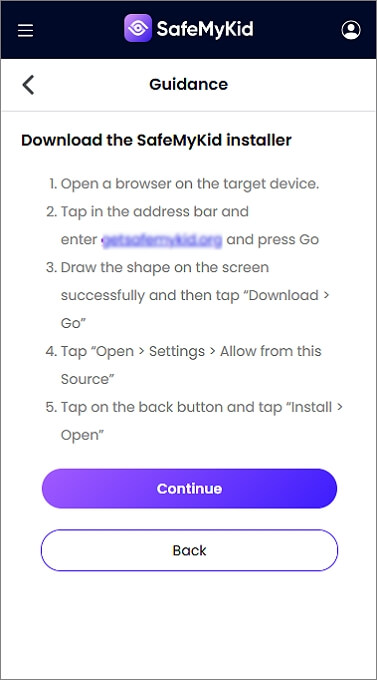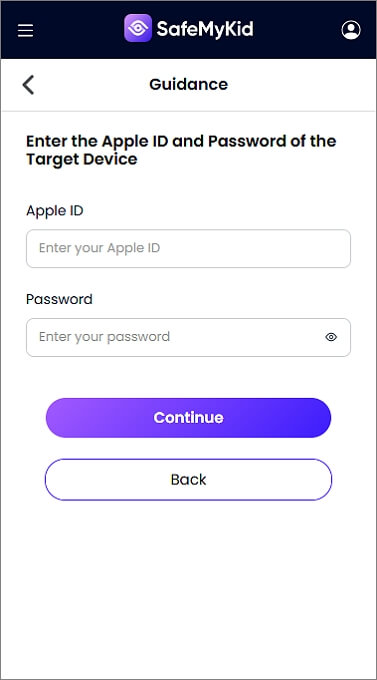How to Forgive a Cheater: 7 Key Ways to Move Forward

Infidelity is one of the most painful challenges a relationship can face. But while betrayal shakes the foundation of trust, it doesn’t necessarily mean the end of the relationship. Forgiving a cheater is possible, but it requires emotional clarity, careful thought, and a commitment to healing.
If you’re looking for ways to forgive and rebuild your relationship, these steps will guide you through the process. In this article, we’ll explore how to forgive a cheater and offer practical methods to help you find peace and move forward, whether you choose to stay or part ways.

7 Ways on How to Forgive a Cheater
Forgiving a cheater is a personal journey that takes time, emotional processing, and a willingness to heal. While it’s not easy, forgiveness can bring you peace, whether you choose to stay in the relationship or move on. Here’s how to navigate the process:
1. Understand the Emotional Impact of Infidelity
Infidelity isn’t just a momentary betrayal—it often has lasting emotional and psychological consequences. It’s essential to fully understand how infidelity impacts both you and your relationship.

How It Affects You
When you’ve been cheated on, the initial shock may give way to anger, sadness, and a loss of trust. These emotions are normal and part of the healing process. Recognizing the emotional impact can help you begin to work through your feelings before moving forward.
2. Assess Your Feelings Before Deciding to Forgive
Before you can forgive, it’s important to take stock of how you truly feel. Are you ready to forgive, or are you still consumed with anger and sadness?

Why Emotional Readiness Matters
Rushing forgiveness can lead to unresolved feelings and resentment. Take your time to reflect on your emotions and understand where you stand in the relationship. Emotional readiness is key to authentic forgiveness.
3. Establish Clear Boundaries for Healing
Setting boundaries is a critical part of the forgiveness process. Boundaries allow you space to heal and make decisions that protect your emotional health.

Types of Boundaries to Consider
- Emotional Boundaries: Protect yourself from further emotional harm during the forgiveness process.
- Communication Boundaries: Limit discussions of the affair until both parties are ready to talk openly.
- Physical Boundaries: Decide what level of physical affection is acceptable during the healing process.
3. Open Honest Communication with Your Partner
In order to move forward, it’s essential to communicate openly with your partner. This conversation should focus on understanding the reasons behind the affair and what both of you need to move forward.

What to Talk About
- What led to the infidelity
- How your partner is committed to making amends
- How to rebuild trust and prevent future betrayals
4. Take Time for Self-Care and Reflection
Before you forgive, it’s essential to prioritize your own well-being. Engage in self-care activities that help you heal, such as meditation, journaling, or spending time with loved ones.

Self-Care Practices to Try:
- Therapy or Counseling: Speaking with a professional can help you process your emotions and gain clarity.
- Exercise: Physical activity can reduce stress and clear your mind.
- Mindfulness or Meditation: These practices help center your emotions and calm anxiety.
5. Understand the Difference Between Forgiveness and Reconciliation
Forgiveness doesn’t always mean that you reconcile with the cheater. It’s important to understand that forgiveness is about releasing the emotional burden, while reconciliation involves rebuilding trust over time.

The Reconciliation Process
Reconciliation requires time, trust-building, and a mutual commitment to making things work. Forgiveness may come first, but reconciliation is a process that unfolds gradually.
6. Decide If You Truly Want to Forgive
Forgiveness is a personal decision—it’s not something that should be forced. You have the right to decide whether or not you want to forgive your partner. Take time to consider how forgiveness will affect both you and the relationship.

Factors to Consider:
- Can you see yourself rebuilding trust?
- Does the relationship still bring you happiness?
- Are you emotionally ready to forgive and let go of the hurt?
7. Rebuild Trust and Set New Expectations
Forgiving your partner is just the beginning. To move forward, both partners must work together to rebuild trust. Setting new expectations for the relationship can help ensure that betrayal doesn’t happen again.

How to Rebuild Trust:
- Be open and transparent with each other.
- Create new, healthier communication habits.
- Hold each other accountable for your actions and commitments.
Monitoring for Safety: Why SafeMyKid May Be a Useful Tool
While forgiveness is about emotional healing, sometimes ensuring safety and trust is a part of the process. If you feel the need to monitor your partner’s behavior to gain peace of mind, SafeMyKid can be an effective solution.
SafeMyKid is an easy-to-use phone monitoring app that can help you ensure transparency in your relationship as you work through the healing process. While it’s important to rebuild trust over time, using SafeMyKid allows you to stay informed about your partner’s activities without compromising your emotional stability.

Main Features of SafeMyKid that Let You Monitor a Cheater
With SafeMyKid’s advanced tracking and surveillance features, you can gain insights into your partner’s activities and make informed decisions. Here are the key features of SafeMyKid:
- Real-Time GPS Tracking: SafeMyKid allows you to track your partner’s real-time location through GPS. This feature helps ensure that your partner’s whereabouts align with their stated plans and promises. While it’s important to rebuild trust gradually, knowing that you can verify their location can offer reassurance during the process of forgiveness.
- Call and Text Monitoring: One of the biggest sources of pain after infidelity is not knowing who your partner is communicating with. SafeMyKid lets you view incoming and outgoing calls and messages, offering clarity about any interactions that may be causing concern. By having insight into these conversations, you can ensure that transparency is maintained as you work through the healing process.
- Location History: SafeMyKid doesn’t just track real-time GPS data—it also keeps a detailed history of your partner’s locations. This allows you to look back at their movements over time, providing a clearer picture of whether they are sticking to the boundaries and commitments that have been set in your relationship.
How to Monitor a Forgiven Cheater
If you still don’t trust your partner, SafeMyKid provides a discreet and effective way to track your partner’s activities. Follow these simple steps to set up and start monitoring.
How to Monitor a Forgiven Cheater on Android
Step 1.Sign up
Register on the SafeMyKid website and create your account using your email address.

Step 2.Set up the SafeMyKid app
Install SafeMyKid on the target Android device. Ensure you grant the necessary permissions for full monitoring.

Step 3.Monitor Your Forgiven Partner on Android in Real-Time
Log in to your SafeMyKid dashboard from any device and access live location updates, message history, call logs, and social media activity.

How to Monitor a Forgiven Cheater on iPhone
Step 1.Sign Up
Register and create your account for free by entering your valid email address.

Step 2.Link the target iPhone to SafeMyKid
Enter the iCloud login details of the target iPhone to link it with your SafeMyKid account, as SafeMyKid uses iCloud Syncing for monitoring.

Step 3.Start Tracking a Forgiven Cheater’s Activities on iPhone
Access location data, browsing history, and iMessages remotely from your SafeMyKid control panel.

Forgiving a cheater is difficult, but you don’t have to do it alone. SafeMyKid is here to help you navigate the complexities of forgiveness by offering tools to ensure you’re making decisions based on clarity rather than fear or doubt.
Whether you choose to move forward with your partner or decide that forgiveness isn’t the right path, SafeMyKid can be a valuable tool to give you the information you need to move forward with confidence.
Official vs. Third-Party Methods of Monitoring Your Partner's Phone
If you prefer not to use third-party apps, built-in phone features can help you keep track of your partner’s activities. While these methods don’t provide deep insights, they can assist in rebuilding trust after infidelity by promoting transparency.
Using Built-In Phone Features
Both iPhones and Android devices come with native tracking tools that allow users to share their location and access basic phone activity logs.
Advantages:
- No third-party app required – Uses built-in phone settings.
- Easy to set up – You can enable tracking in a few simple steps.
- Works in real-time – Provides location updates as long as sharing is enabled.
Disadvantages:
- Limited monitoring capabilities – No access to messages, social media, or calls.
- Requires mutual consent – Your partner can turn off tracking anytime.
- No stealth mode – Your partner will know they are being tracked.
Common Built-In Tracking Tools:
- Find My iPhone (iOS): Allows you to track an iPhone’s location via iCloud.
- Google Find My Device (Android): Provides real-time location tracking for Android phones.
- Google Timeline: Logs past locations but doesn’t track live movements.
- Call and Text Logs: You can check phone bills for call details, but message content is not available.
Third-Party Method: Using Spy Apps
If built-in tools don’t provide the level of monitoring you need, spy apps offer a more advanced alternative. These apps claim to track messages, call logs, and social media activities in secret.
Limitations of Spy Apps:
While spy apps promise covert tracking, they come with several risks and drawbacks:
- Privacy and Legal Risks – Unauthorized monitoring can be illegal in many regions.
- Unreliable Performance – Many apps fail to work as advertised or get detected by security updates.
- Expensive Subscriptions – Advanced features often require costly plans.
- Device Access Required – Most spy apps need physical access to install, which can be difficult.
Unlike unreliable spy apps, SafeMyKid provides a discreet, secure, and effective way to track phone activities while maintaining ethical boundaries.
FAQS on How to Forgive a Cheater
Forgiving a cheating partner is a deeply personal process that takes time, effort, and emotional resilience. While some couples manage to rebuild their relationship, others may find it best to move on. Below are common questions about forgiveness and rebuilding trust.
1. How long does it take to forgive a cheater?
The time it takes to forgive a cheater varies from person to person and depends on the nature of the betrayal, your emotional readiness, and the level of effort your partner puts into restoring trust.
It may take weeks, months, or even longer to fully forgive. The key is to allow yourself the time and space to process your emotions and make decisions that align with your healing.
2. Can I monitor my partner's behavior while forgiving them?
Yes, using monitoring tools like SafeMyKid can provide peace of mind while you’re working through forgiveness. By discreetly tracking your partner’s location, calls, and messages, you can ensure transparency in the relationship, which can help you feel more secure as you rebuild trust.
It’s important to note that monitoring should be used as a tool for healing, not as a means of control or invasion of privacy.
3. How long should I use SafeMyKid while rebuilding trust?
The length of time you use SafeMyKid depends on how long you feel it’s necessary to regain trust and peace of mind. Some people may use it for a few weeks, while others may rely on it for months during their emotional healing journey.
4. How do I rebuild my own self-esteem after being cheated on?
Rebuilding self-esteem starts with focusing on self-care, seeking support from loved ones, and engaging in activities that make you feel empowered and valued. Therapy or personal reflection can also help strengthen your sense of self-worth after the betrayal.
Conclusion
Knowing how to forgive a cheater is a personal and emotional journey. By following these 7 steps, you can heal, rebuild trust, and decide what’s best for you and your relationship.
Tools like SafeMyKid can help ensure transparency, providing you with peace of mind during this difficult process. Take your time, prioritize self-care, and make decisions that align with your emotional well-being.




